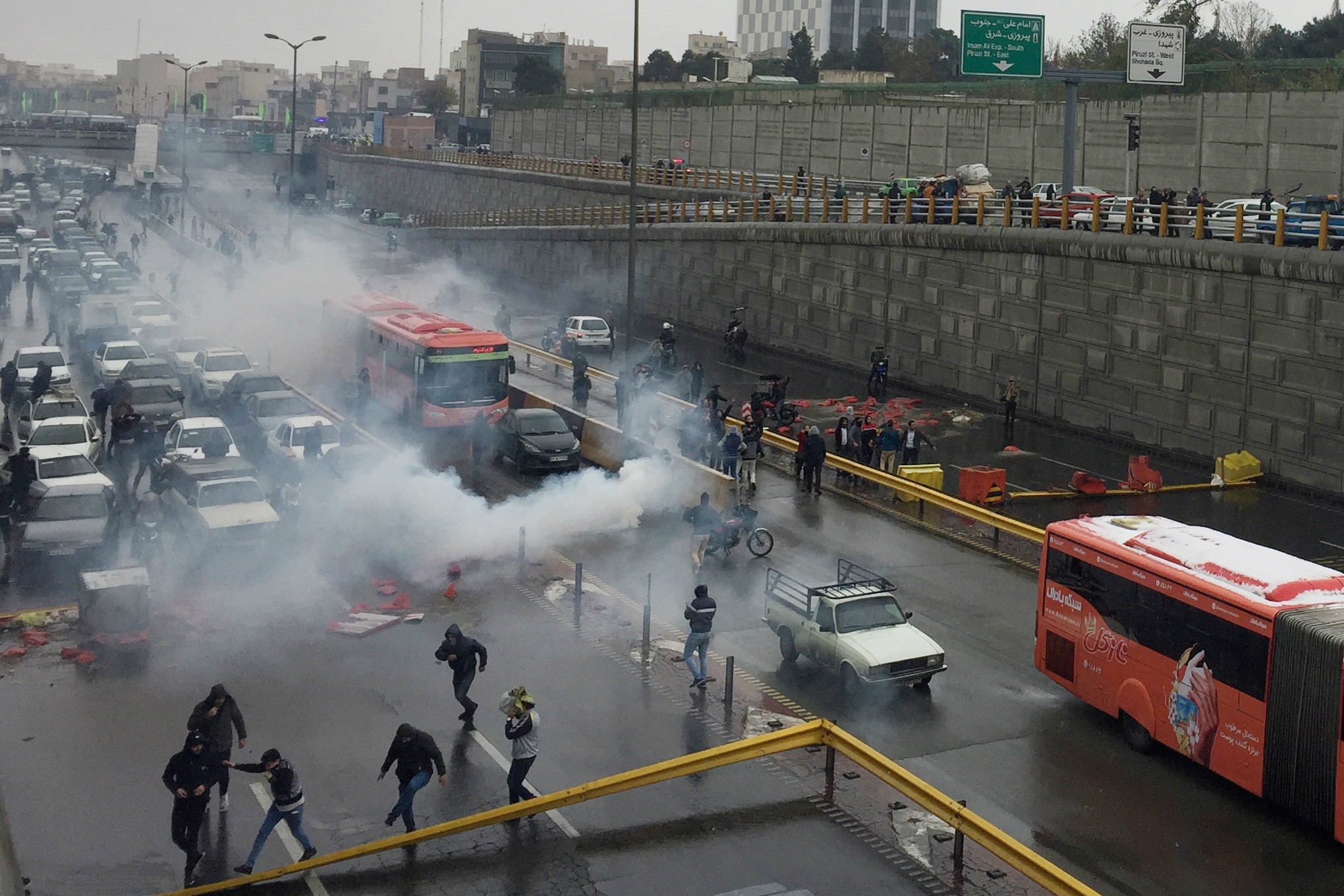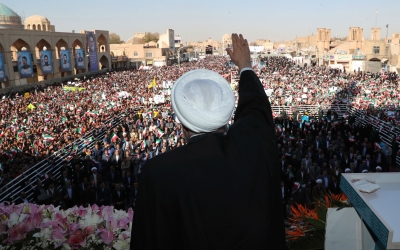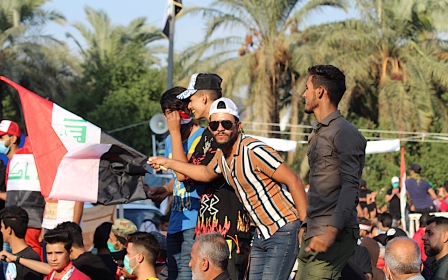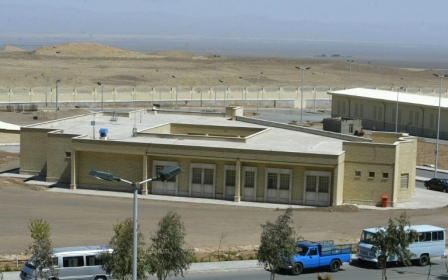One person killed in Iran during protests against fuel price hike

One person has been killed in the Iranian city of Sirjan during protests that erupted after President Hassan Rouhani's government imposed gasoline rationing and price hikes of at least 50 percent, Iranian ISNA news agency reported on Saturday.
"One person was killed in Sirjan but... we are investigating whether he was killed by the security forces who were trying to bring back calm to the city," ISNA quoted local official Mohammad Mahmoudabadi as saying.
Mahmoudabadi said several people were wounded when masked armed men infiltrated the protests in Sirjan and clashed with security forces.
"Security forces were not allowed to shoot at people... The situation is calm in the city now," he added.
The state news agency IRNA said during the "severe" protests in Sirjan "people attacked a fuel storage warehouse and tried to set fire to it".
The protests continued on Saturday, local media reported.
Members of the public also posted videos on social media that showed police firing tear gas to disperse protesters in several cities across Iran, including the capital Tehran, where many people see cheap gasoline as a national right.
The images could not be verified by the Reuters news agency.
'Soaring consumption'
The Iranian government announced on Friday that the price of a litre of regular gasoline had increased to 15,000 rials (12.7 US cents) from 10,000 rials, and the monthly ration for each private car was set at 60 litres.
Additional purchases would cost 30,000 rials per litre.
The measure by a top decision-making economic council sparked angered across the country.
Hundreds of people protested against the price hikes in areas including the northeastern city of Mashhad, in the southeastern province of Kerman and the oil rich province of Khuzestan, Iranian media reported.
Iran has faced economic pressure since last year when US President Donald Trump withdrew the Washington from the Iran nuclear deal and reimposed sanctions on the country.
Iranians mainly rely on cars or taxis for access around cities and towns.
The government said the cost of using taxis and public transport will not change, according to media reports.
Oil Minister Bijan Zanganeh told state TV on Friday that the measure was aimed at "reining in soaring consumption, exporting gasoline and helping needy families".
The move is expected to raise around $2.55bn a year for additional subsidies for 18 million families, or about 60 million Iranians on lower-incomes, the government said.
Many Iranians are frustrated because of the sharp devaluation of Iran’s rial currency and spikes in the prices of bread, rice and other staples since the reimposition of US sanctions.
Middle East Eye delivers independent and unrivalled coverage and analysis of the Middle East, North Africa and beyond. To learn more about republishing this content and the associated fees, please fill out this form. More about MEE can be found here.





